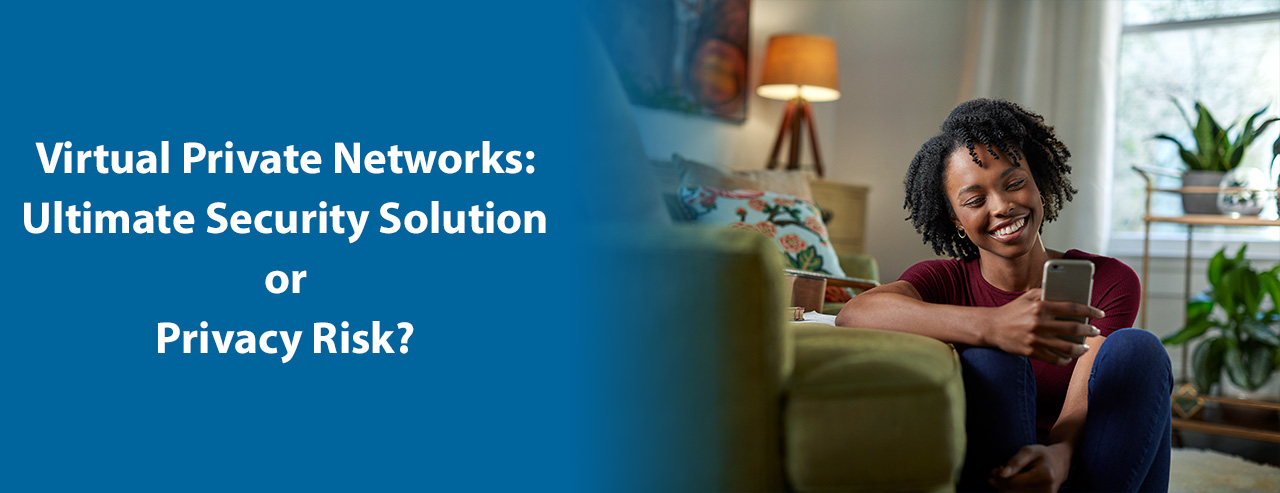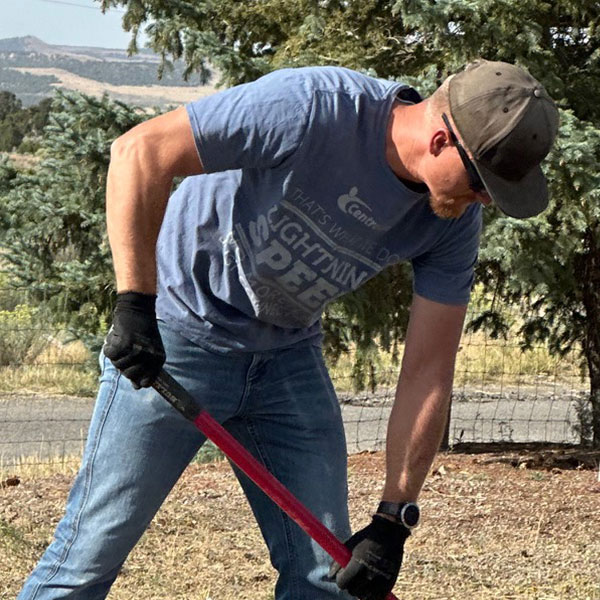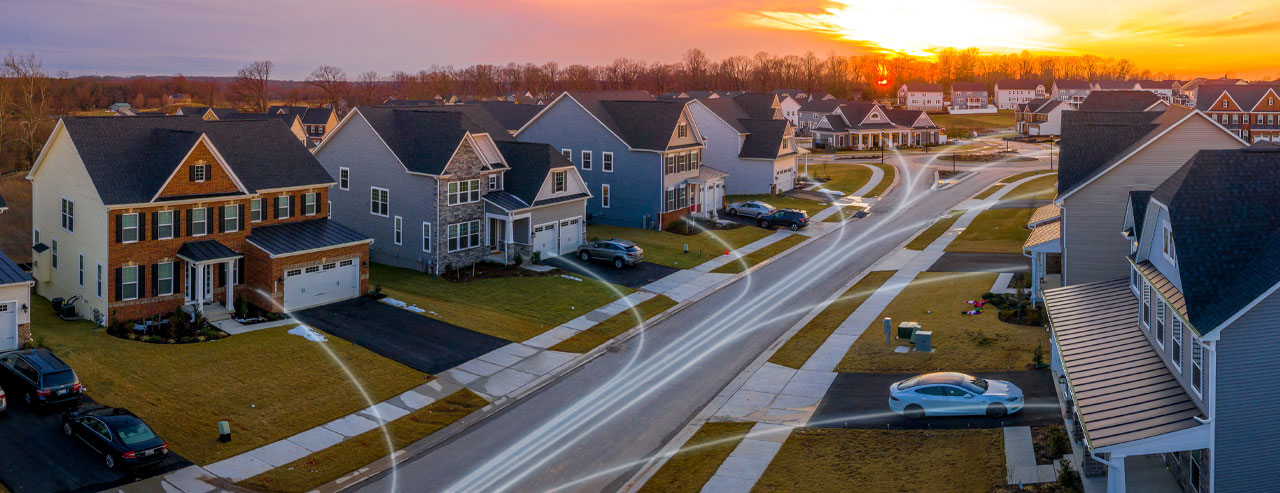
I knew the password to my high school’s wifi. Was I supposed to know it? Absolutely not. Did every student and their dog know the password? Absolutely yes. But we all realized very quickly that just knowing the password to the wifi didn’t give us the internet access we wanted. We were barely able to check our grades and missing assignments, let alone watch YouTube in the back of the classroom.
This was before unlimited phone data plans were the norm, we were relying entirely on our school’s wifi. It wasn’t long before some tech savvy friends of mine introduced me to something called a Virtual Private Network (VPN). I was finally able to scroll through Instagram, watch YouTube, and surf the internet without having to worry about my school’s firewalls or my phone’s data limit.
But oh, man, was I lucky I didn’t completely destroy my phone or get my identity stolen in the process.
A VPN works by connecting you to a server owned and operated by the VPN company. You are then able to surf the internet from the IP address of that server rather than that of your device.
What does that mean in practice? Well, imagine the latest season of your favorite Netflix show is planning on coming out 1 week earlier in the United Kingdom than in the USA. You are beyond excited to watch it so you download a VPN. Through this VPN, you can connect to a server with an IP address in the UK and bam, you are able to watch the latest season 7 whole days earlier than any of your friends.
Another feature of VPNs is their ability to keep algorithms from tracking you everywhere. Imagine, you’re searching for a new read on Amazon then 2 hours later you see ads for books while you’re scrolling through Facebook. Advertising algorithms use your unique virtual footprint and what you browse on many websites. That then allows them to keep a profile on you and have more targeted ads. VPNs obscure that virtual footprint to prevent that kind of data collection.
Sounds great right? Well, there are several serious potential risks in using a VPN. First off, whoever owns the server you are connected to can see everything you are doing online. They can see you use your password to access your bank account and then have access to that compromising data. So while those advertising algorithms may not have your data, the VPN company does and they can also use that information to advertise to you.
Second, many VPNs are filled with malware. Free VPN apps on the App Store or Google Play claim to give you all these benefits for free, but expect ads galore and no shortage of bloatware.
Thirdly, the owners of the server you’re connected to are usually not in the same jurisdiction as you. They could very easily log any user activity and can be compelled to comply with local laws and foreign government requests for your private data.
Finally, VPNs can give a false sense of security. Even the most trusted, honorable VPN company can never replace safe internet practices. If you want to learn more about how to stay safe online, read our article on Protecting Yourself From Computer Virus and Malware.
At the end of the day, if something sounds too good to be true, it usually is. VPNs are tools that some IT professionals use for specific purposes. But for most home internet users, the potential risks outweigh the benefits.
And for any high school students reading this and thinking they’re going to get away with watching YouTube in the back of the classroom, I promise your school’s IT department has blocked all VPNs now. All you’re going to do is get yourself kicked off your school’s network.




